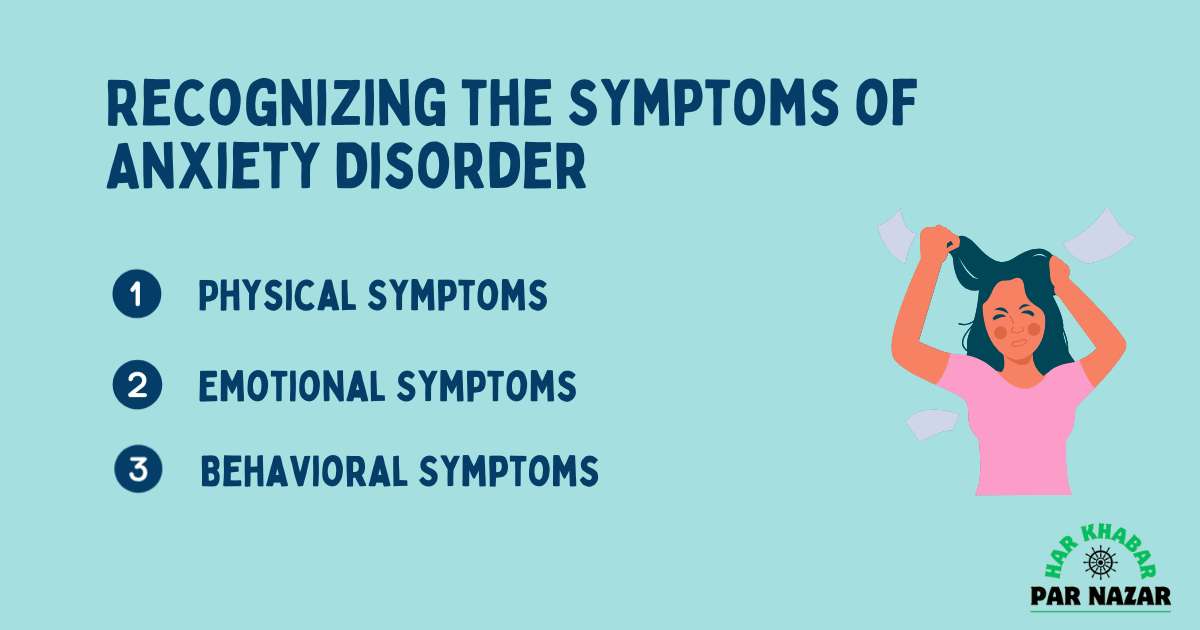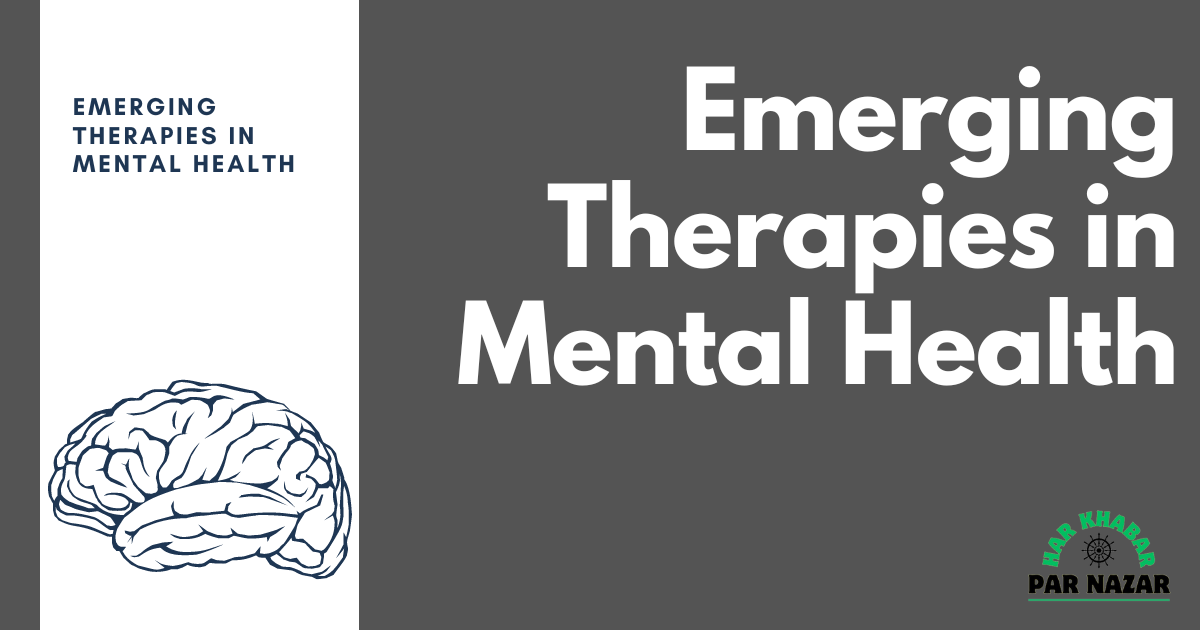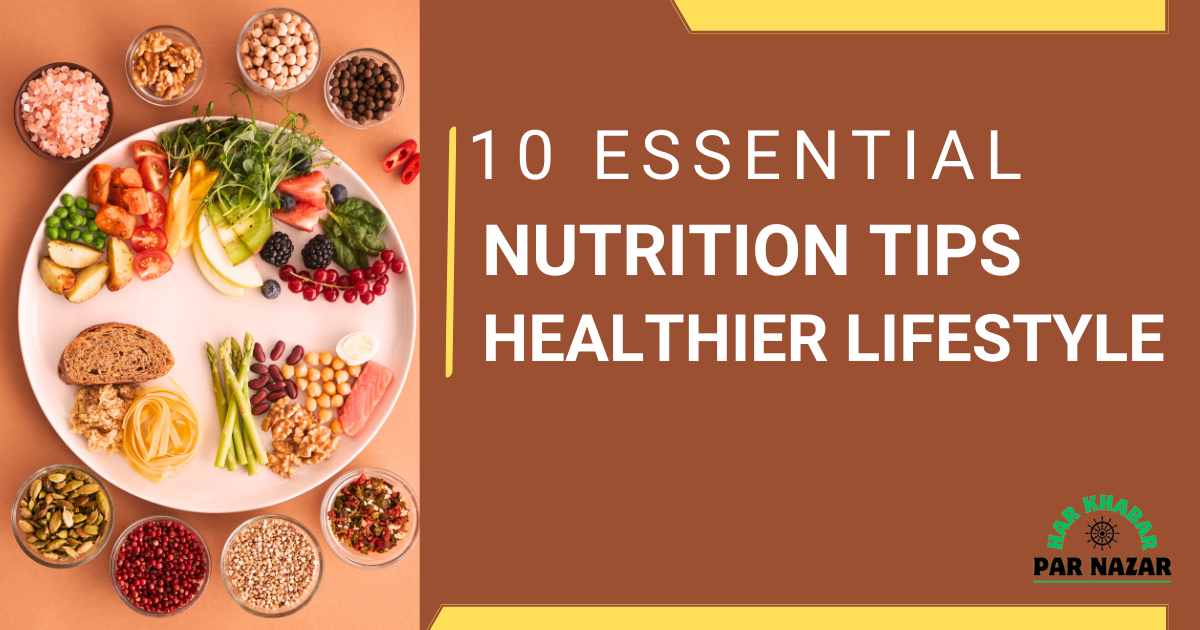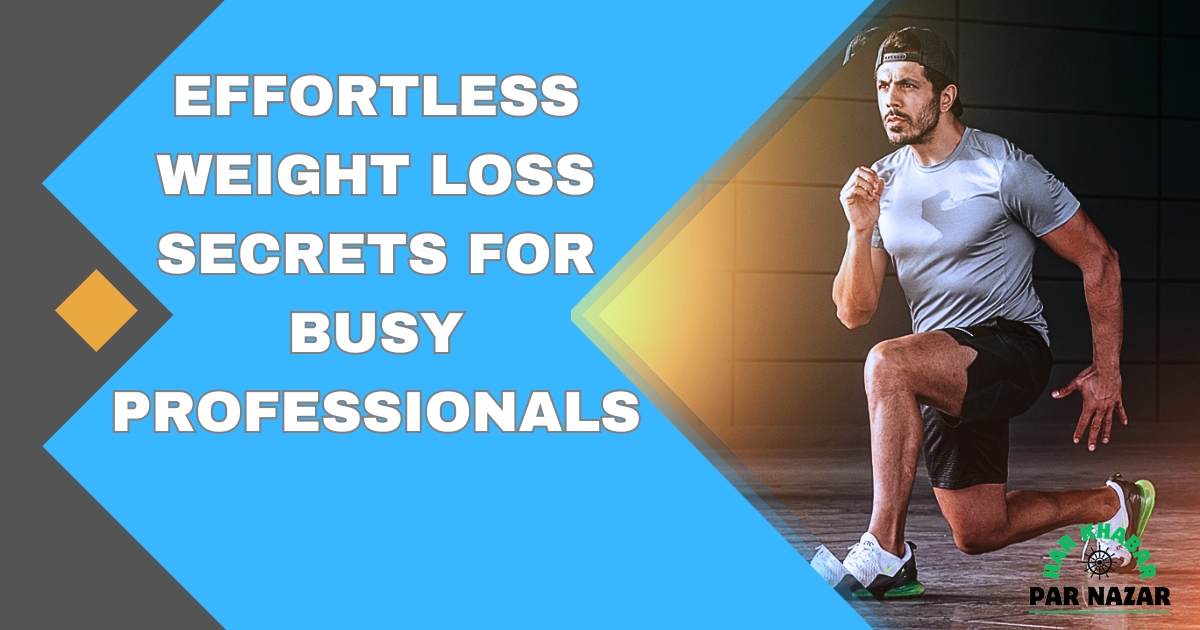.png)
Transform Your Life with These Top Strategies to Boost Mental Health and Well-Being
In today's fast-paced world, mental health is more crucial than ever. Wellness enthusiasts and working professionals alike are constantly seeking ways to improve their mental wellness and overall emotional well-being. This article will describe the top strategies to boost your mental health, offering practical tips that you can combine with your busy life.
Why Mental Health Matters in a Hectic World
Mental health is essential for managing stress, making decisions, and building relationships. Unfortunately, in today's hectic world, maintaining mental wellness can be challenging. The constant rush, high work demands, and endless emotional well-being.
Understanding the Impact on Wellness Enthusiasts and Professionals
Wellness enthusiasts often prioritize physical health, but mental health is equally important. Similarly, working professionals face unique stressors that can lead to anxiety and depression. Balancing work, personal life, and self-care can feel overwhelming. This post aims to provide strategies that cater to both groups, helping you achieve a balanced mind and body.
Daily Mindfulness Practices
Mindfulness reflection is a strong tool for mental fitness. It involves being present in the moment, which can reduce stress and improve focus. Practicing mindfulness daily can help you manage anxiety and depression symptoms more effectively.
-
Benefits of Mindfulness Meditation
Mindfulness meditation offers numerous benefits, including better emotional regulation, increased self-awareness, and improved mental clarity.
-
How to Get Started
Begin with just a few minutes of mindfulness meditation each day. Find a quiet space, sit comfortably, and focus on your breath.
-
Incorporating Mindfulness into Daily Life
You don't need to set aside a lot of time for mindfulness. You can rehearse it while dining, walking, or even during your morning commute. The key is to remain fully present in whatever you're doing.
Physical Activity for Mood Improvement
Regular exercise releases mood-boosting endorphins, reducing stress and anxiety while alleviating depression symptoms.
Types of Physical Activities
You don't have to hit the gym to reap the advantages of physical activity. Simple activities like walking, dancing, or even gardening can be effective. The goal is to find something you enjoy, so you're more likely to stick with it.
-
Setting Realistic Goals
Start with small, achievable goals. Strive for at least 30 minutes of moderate exercise most days of the week. Increase the intensity and duration gradually as you improve your fitness level.
-
Making Exercise a Habit
Incorporate physical activity into your daily routine. Schedule it like any other important appointment, and try to make it a non-negotiable part of your day.
Healthy Eating Habits
Your diet can greatly impact your mental health. A level diet can enhance mood, boost power, and help control stress.
-
Nutrient-Rich Foods
Focus on nutrient-rich foods like fruits, vegetables, lean proteins, and whole grains for better brain health.
-
Avoiding Processed Foods
Restrict your input of processed foods, sugary snacks, and caffeinated beverages. These can lead to temper swings and power collisions, which can negatively impact your mental wellness.
-
Hydration is Key
Don't forget to stay hydrated. Dehydration can affect your concentration and mood. Aspire to consume at least eight glasses of water a day.
Quality Sleep for Mental Health
Quality rest is crucial for sustaining good mental health. Poor sleep can exacerbate anxiety and depression symptoms and make it harder to manage stress.
-
Establishing a Sleep Routine
Establish a regular sleep schedule by consistently retiring and rising at the same time every day. This helps regulate your body's internal clock.
-
Creating a Sleep-Friendly Environment
Ensure your bedroom is conducive to sleep. Keep it cool, dark, and quiet. Regarding using earplugs or a white noise machine, if necessary.
-
Limiting Screen Time
Bypass screens at least an hour before sleep. The blue light radiated by phones and computers can interfere with your sleep cycle.
Effective Time Management and Stress Reduction
Organizing your time effectively can significantly reduce stress and improve your mental health. Good time management allows you to accomplish more with less effort, creating more time for relaxation and self-care.
-
Prioritizing Tasks
Start by prioritizing your tasks. Identify what's most important and tackle those first. Splitting your assignments into shorter, manageable steps can also make them less overwhelming.
-
Using Tools and Techniques
Use tools like calendars, to-do lists, and time management apps to keep yourself organized. Techniques like the Pomodoro method, which involves working in short, focused bursts, can also be helpful.
-
Scheduling Downtime
Remember to schedule downtime. Assuming routine breaks to rest and recharge is vital for maintaining mental wellness.
Real-Life Success Stories
Hearing about others' successes can be incredibly motivating. Here are a few real-life stories of individuals who have successfully boosted their mental health using the strategies we've discussed.
-
Jane's Journey with Mindfulness
Jane, a working professional, struggled with anxiety and stress. She began practising mindfulness meditation for just ten minutes a day. Over time, she noticed significant improvements in her emotional well-being and overall stress levels.
-
Mark's Physical Activity Transformation
Mark, a wellness enthusiast, incorporated daily walks into his routine. Not only did he lose weight, but he also experienced a noticeable uplift in his mood and energy levels.
-
Sarah's Healthy Eating Habits
Sarah, a young professional, made minor changes to her diet by incorporating more fruits and vegetables. She found that her energy levels increased, and she felt more mentally alert throughout the day.
Tips for Incorporating Strategies into a Busy Lifestyle
Balancing work, personal life, and self-care can be challenging. Here are some tips to help you incorporate these mental health strategies into your busy lifestyle.
-
Start Small
Start small and build from there. Don't try to change everything at once. Focus on one or two strategies to see real progress. Small, consistent changes are more sustainable in the long run.
-
Make it Enjoyable
Find ways to make these strategies enjoyable. Choose physical activities you love, experiment with new healthy recipes, and create a relaxing bedtime routine you look forward to.
-
Seek Support
Don't hesitate to go out to friends and relatives for help or professionals. A support system can make it easier to maintain new habits.
Conclusion
Improving your mental health and well-being doesn't have to be overwhelming. By combining these straightforward methods into your daily routine, you can encounter significant advancements in your emotional well-being and overall quality of life.
If you've found these tips helpful, we'd love to hear from you. Please share your ventures and feedback with us, and let's continue this journey towards better mental health together.
Keep in mind that small changes can lead to significant results. Start today, and take the first step towards a healthier, happier you.

.png)


